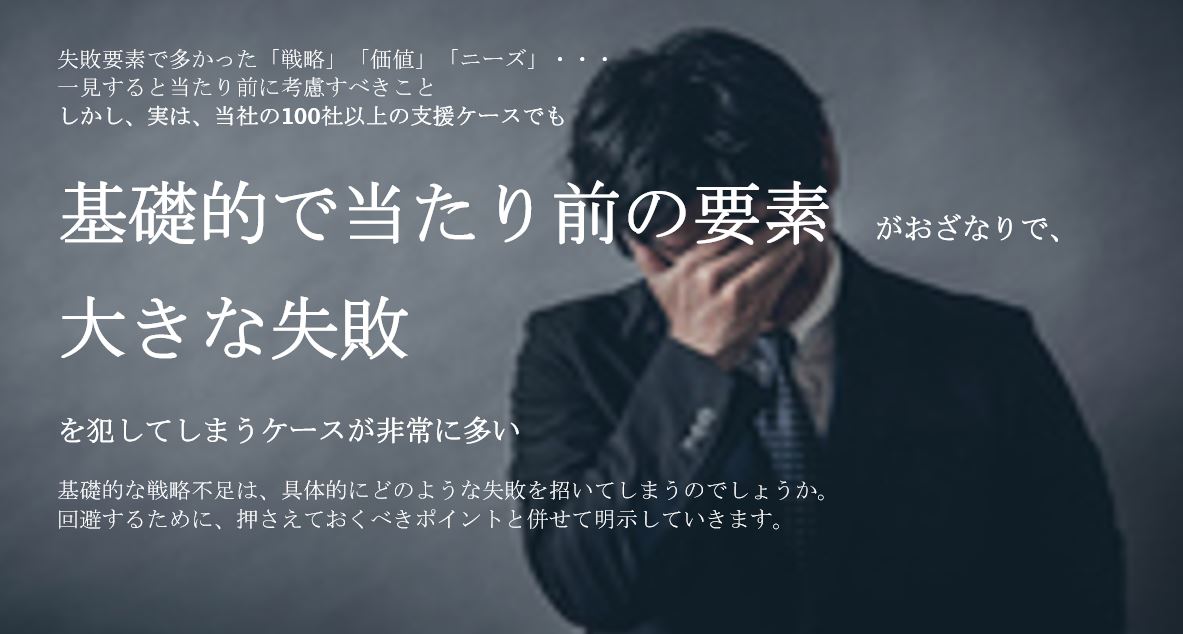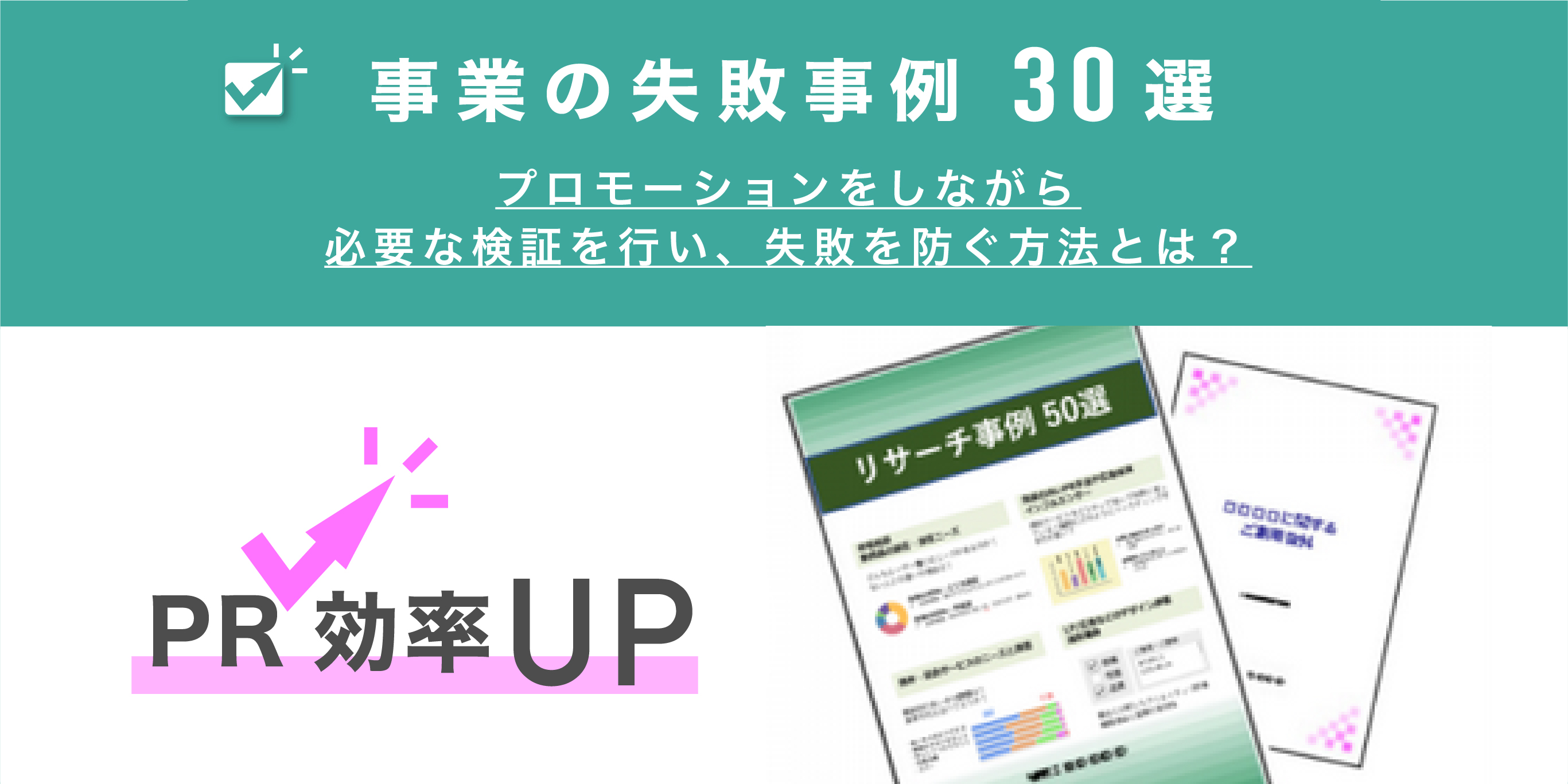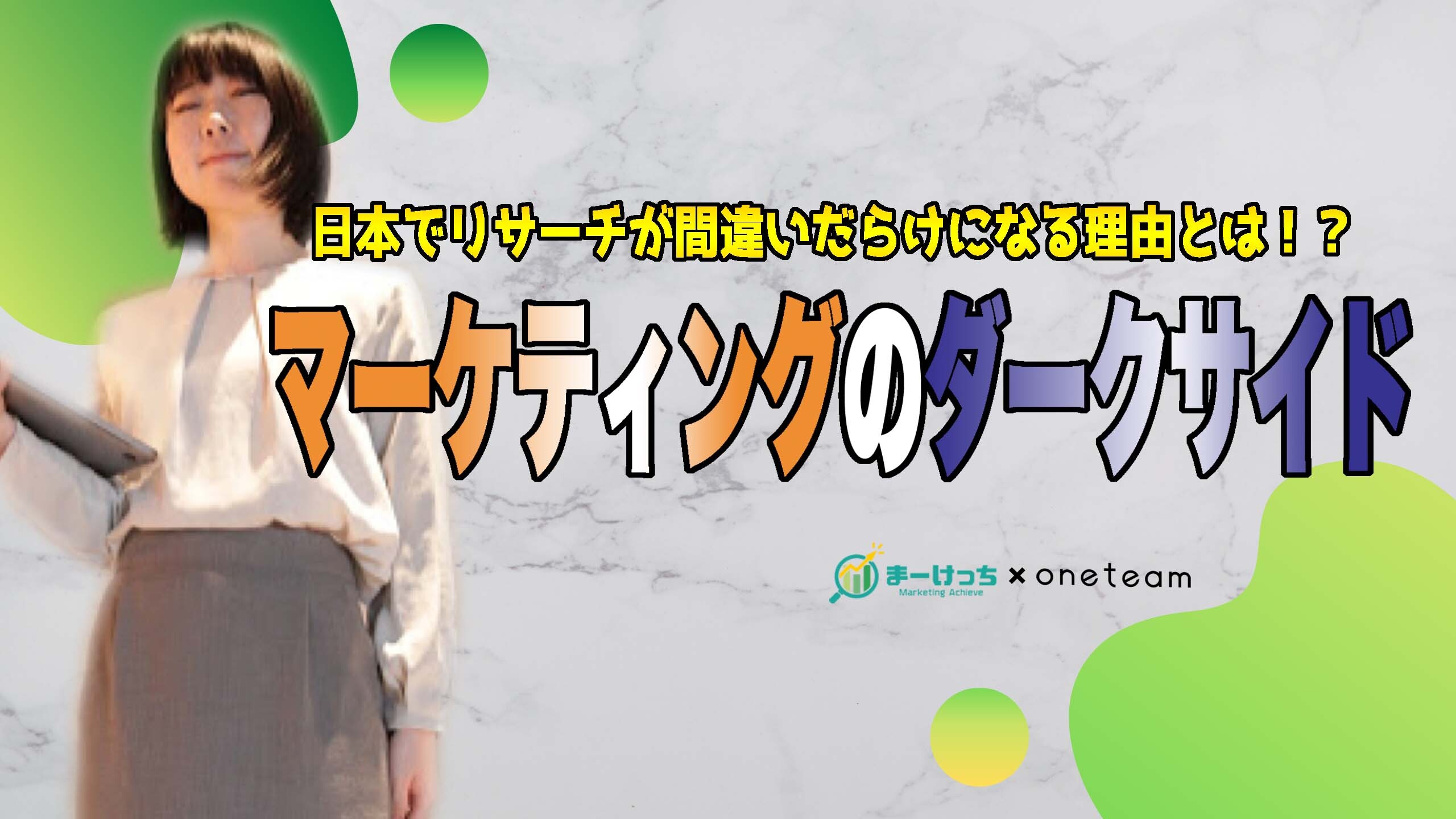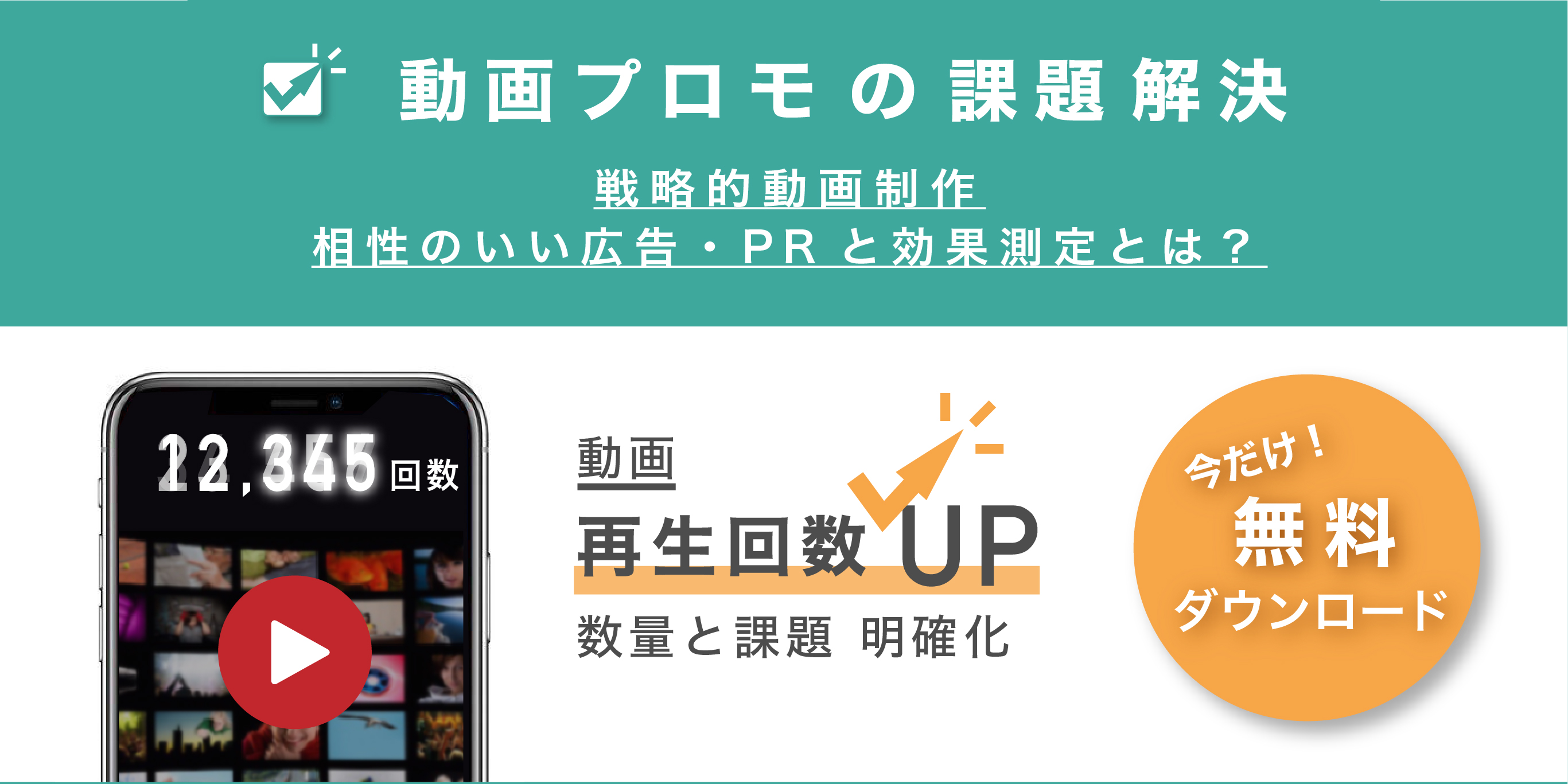テクノロジー
Embracing Vulnerability: The True Strength Lies in Acknowledging Weakness
2023.12.06

Embracing Vulnerability: The True Strength Lies in Acknowledging Weakness
The true strength lies in not hiding your “weaknesses.”
The more one holds a strong belief in their own excellence and greatness, the more painful it becomes when the disparity between ideals and reality is realized. It often leads to avoiding confrontation, wanting to escape, and eventually attributing failures to others or external factors. This vulnerability starts to surface. Confronting this weakness is even more challenging, and one often prefers not to let others perceive it.
People tend to hide their weaknesses persistently, refrain from expressing vulnerability, and strive to show a facade of strength.
“I think my heart is weak.”
Around the one-year mark since joining WEIN, I found myself deflecting responsibility for protecting subordinates, citing external reasons. I was struggling with expanding my scope of responsibility negatively and unable to climb the stairs of self-blame and growth. At that moment, I received a stern feedback message from the founder.
“It’s not about lacking a guiding principle; I think your heart is weak.”
It hit hard. Although I was often perceived as mentally strong, I couldn’t fully accept the harsh truth at that time. But it lingered in my mind.
What Does It Mean to Have a Strong Heart?
What does it even mean to have a strong heart (mentality)? I believe it’s the ability to prioritize actions based on the ideal of “how one wants to be” or “how things should be,” ahead of personal emotions. It’s the ability to not be swayed by emotional fluctuations and to channel emotions as a positive driving force towards ambitious goals and efforts.
What Does It Mean to Have a Weak Heart?
A person with a weak heart is easily influenced by negative emotions. Those who resort to violence against weaker individuals, despite having physical strength, are demonstrating a profound weakness. They avoid the burden of confronting stronger individuals but impulsively unleash their frustrations on those they perceive as weaker.
In this article, I want to convey that embracing one’s weaknesses and dealing with them is more beneficial. Those who can confront their weaknesses without being excessively swayed by negative emotions, both their own and others’, can remain strong and resilient. It’s a somewhat paradoxical concept, but focusing on weakness allows individuals to accept emotions, reduce them as much as possible, and take pure, necessary actions.
Is Having Strong Emotions a Bad Thing?
Both positive and negative emotions can hinder rational judgment. Even if one thinks their beliefs and convictions are positive, having a preconceived bias or ingrained emotions like “things should be this way” can unknowingly hinder problem-solving. It’s genuinely frightening.
It’s essential to clarify one’s core principles, protect those principles, and set high goals and missions. Emotions are necessary for setting a flag and the energy to overcome challenges. However, during the ascent, as much as possible, neutralize biases and emotions. Being able to face things with a flat mindset is incredibly powerful.
Whether Strong or Weak, It Doesn’t Really Matter
As one attempts to exceed their capacity and the difficulty of challenges increases, the emotional turmoil also intensifies. It’s natural for emotions to fluctuate, and negativity to grow as the difficulty level rises. At this point, what matters is not the debate about having a strong or weak mentality, but whether, when vulnerability is exposed, one falls into deeper negativity or embraces it, chooses solutions with as flat a mindset as possible, and takes positive actions.
※ Entrepreneurs considered mentally strong can experience depression not because they were originally mentally weak, but because the pressure increases with challenges.
The Utility of Vulnerability Sensors
People are inherently weak. It’s natural for everyone to experience some degree of emotional fluctuations, making vulnerability commonplace.
Avoiding conflicts and complex thoughts is a common inclination. However, avoiding confronting one’s vulnerabilities leads to unconsciously compensating for behavioral contradictions. This often goes unnoticed even by oneself.
Through my experiences at WEIN, I’ve come to understand that seemingly aesthetic or belief-based actions may reveal tendencies towards blaming others. Joining WEIN and earnestly facing myself and others has significantly enhanced my ability to detect behaviors stemming from vulnerability. (Don’t be scared; vulnerability itself is not a bad thing, haha.)
Something’s Not Going Well? Look for Hidden Weaknesses
By not putting oneself on a pedestal and taking an extremely objective look, surprisingly, the structures of things and bottlenecks in challenges become apparent. Most issues arise from the poorly designed structure of incentive systems related to emotions.
For example, A has been giving numerous presents to B, whom they admire, for a long time. Even handmade items were presented with great effort. B, feeling obligated, accepts and thanks A. However, secretly, B finds it bothersome and discards the gifts when A is not around.
If B sincerely communicates their feelings to A, and A accepts it, the misalignment would be resolved. However, A might get upset, blaming B and damaging the relationship because they feel their valuable efforts are unappreciated.
This misalignment happens in various areas, such as business or employment. It reveals the weakness of not wanting to face feedback related to the value of what is provided. Confronting this weakness can help maintain the structure of offering value and receiving gratitude or compensation without it falling apart.
Invincible When Confronting Vulnerability ?
When facing difficulties or communication challenges, it often indicates a desire for understanding or a tendency to blame someone else, revealing hidden weaknesses. However, taking a breath, viewing things objectively, and aligning actions with a 100% pure perspective for the benefit of others or the organization make actions much more manageable.
Have the Courage to Change Yourself
In my two years at WEIN, observing numerous challenges, both personal and those of others, has been a valuable opportunity.
What I’ve finally understood is that without recognizing weaknesses, including challenges in thought patterns, one doesn’t even consider changing. To externalize unconscious biases and thought patterns, it’s crucial to thoroughly confront weaknesses. Changing weak aspects (like laziness or automatic thinking) requires significant mental effort and energy.
Overcoming one’s emotions takes unexpected courage. Imagine saying, “Heave-ho!” in your mind. Such experiences truly build genuine confidence.
Those who can face their weaknesses without hiding them grow rapidly, enhancing both professional performance and personal charisma. It’s genuinely enviable.
You don’t have to aim for strength right away. Acceptance and step-by-step progress are important.
※ Since I’ve written somewhat pretentiously, let me clarify that I’ve realized my own weaknesses and have started by objectively facing them as much as possible. I’ve decided to tolerate complaints and expressions of weakness. Haha.
Key Points for Distinguishing Between Those Staying Weak and Those Transforming into Charismatic Individuals
While strong attachment and cognitive biases are dangerous signs of mental weakness, weakness itself is not a bad thing. Motivation for strength arises from acknowledging weakness. I believe that having a thinking foundation indispensable for confronting and continuously improving weakness is essential. (It’s foundational, so it’s not easy to change externally.) Here are three skills and key points for distinguishing these:
① Contribution Desire
- Essential Mindset:
- Goal-oriented motivation
- Motivation for growth
- Key Points for Distinguishing:
- Fundamental desires behind past efforts
- Happiest moments and their background
- Sources of anger and whether it stems from a desire to present oneself positively, achieve personal goals, or achieve team goals
② Psychological Flexibility
- Essential Skills:
- Objectivity
- Logical thinking
- Problem-finding ability
- Key Points for Distinguishing:
- Dispersion of reasons for someone being more excellent than oneself
- Acceptance or independence of thought when receiving feedback
③ Self-Efficacy
- Essential Skills:
- Self-blame
- Problem-solving
- Key Points for Distinguishing:
- Growth in the last six months
- Exposure to significant pressure or stress
- Experience of overcoming emotions and thoughts during challenging times
These are the key points.







